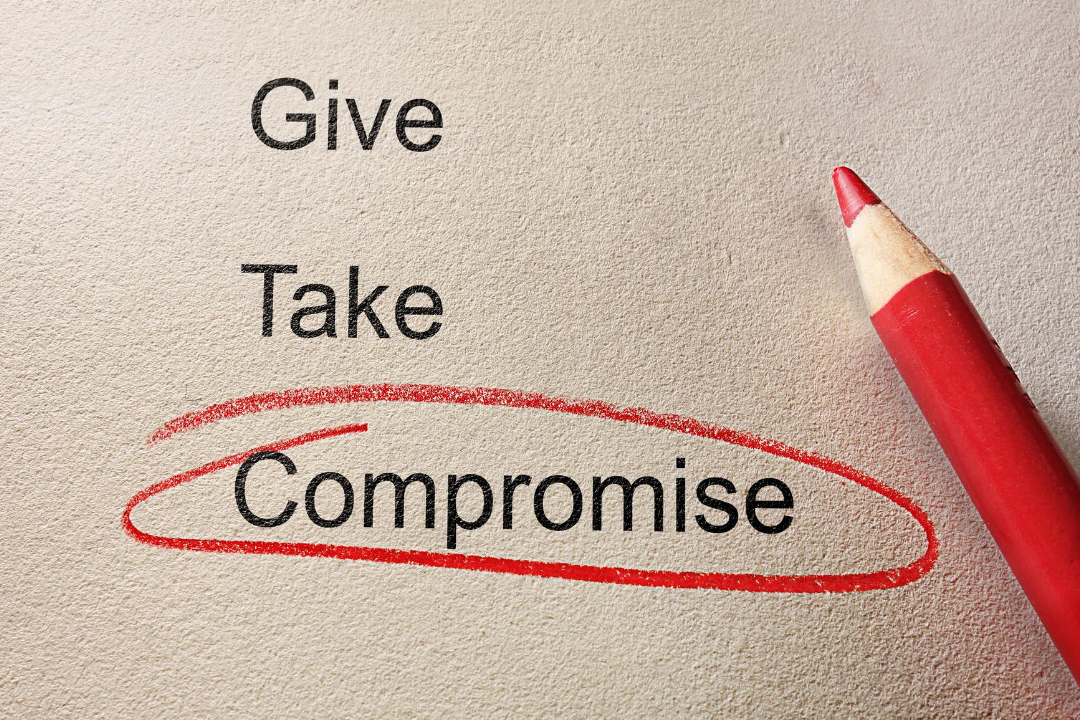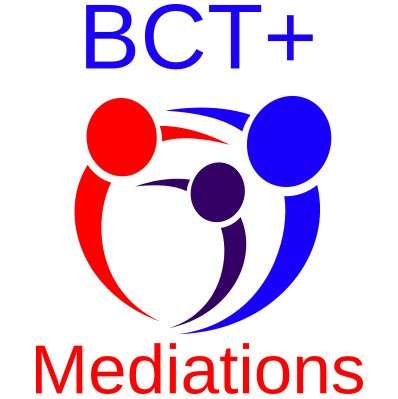
Buddy is the
Positive Social Change Agent
Buddy's passion is life/parent coaching. His education takes him toward cross-cultural competency and conflict management and loves optimizing families through choice dynamics.
Mediation Exponentially Reduces the Time, Cost, Disruption, Adverse Publicity, Relationship Loss, and Lack of Control often endured during Litigation.
Time: Seasoned litigators know that nearly all cases eventually settle; however, years may pass before any movement occurs, often without significant satisfaction for any stakeholder.
Cost: Litigation costs more money, period. Even litigators who profit from protracted litigation feel uncomfortable billing their clients the substantial amounts that are frequently incurred, which may include legal fees, costs of experts, document reproduction, and indirect costs of parties and witnesses leaving work to attend depositions, hearings or interviews with counsel. This disappears with most mediations.
Disruption: Protracted litigation causes disruption for the parties, who must assist in discovery, attend depositions, and prepare for trial. This spills over into private and public venues, becoming unsettling and potentially harmful.
Adverse Publicity: Matters litigated in court are part of the public record, and often find a second courtroom in the press. Mediation does not guarantee confidentiality since any stakeholder may disclose information, but confidentiality is part of the process, and stakeholders may insist on confidentiality as a condition of any agreement.
Relationship Loss: Litigation exists within the context of adverse postures. People rarely like the party they choose to sue, and once the die is cast, the parties' counsel strive to gather facts designed to show the strengths of their side and the weaknesses of the other, ending any chance for conciliation and future relationships.
Lack of Control: Judges applying set rules, and juries applying their own perspectives to those facts permitted into evidence, determine the outcome of cases. The process does not consider the types of factors stakeholders often value most. The specific relief most stakeholders most desire -- an apology, a letter of reference, a job, future business, to be understood, or a structured settlement -- might not be available in court.

Mediation is a speedier, less expensive route to tailored resolutions, through a confidential process designed to enhance communications and improve relationships.

Speedy Resolutions: Many matters that would be pending for years as litigation have been resolved in mediations lasting one day. This one factor makes mediation relatively inexpensive and less disruptive than litigation, and often removes factors related to depositions or discovery.
Personalized Outcomes: Mediation permits stakeholders to sculpt agreements specific to the unique needs, values and circumstances of the parties, permitting "win/win" solutions. These may include structured payments, letters of recommendation or apology, confidentiality agreements, barter arrangements, and agreements for future
Confidentiality: Mediation allows stakeholders to keep sensitive matters confined to the mediation process – not bantered about. The confidentiality of the process encourages the parties to explore their strengths and weaknesses, their interests, and their options for resolving the dispute transparently through exchanges not available in court context.
Enhanced Communications: With the guidance of a professional in dispute resolution who models active listening skills, parties are encouraged to communicate in more effective ways, allowing stakeholders to express opinions and be heard, often for the first time. Communications skills and insights learned through the mediation process last well beyond the resolution of a single dispute, in most cases.
Improved Relationships: Every type of relationship, family, business, partnerships, trading partners or competitors, family business relationships, or even inter-company relationships may improve as a result of the collaborative nature of the mediation process.
BCT Mediations PLUS as an entity, and/or any representatives of BCT Mediations PLUS are NON-ATTORNEYS. BCT Mediations PLUS does not and cannot provide legal advice to its clients and under no circumstances will BCT Mediations PLUS act as counsel or in any way represent any client in a court of law. BCT Mediations PLUS advises all mediation and coaching clients to seek legal counsel for guidance in any potential legal cause-for-action scenario.
© Buddy C. Thornton 2024-2025. All copyright and proprietary ownership rights reserved. Do not use for any purpose without the express written permission of Buddy Thornton of BCT Mediations PLUS.
